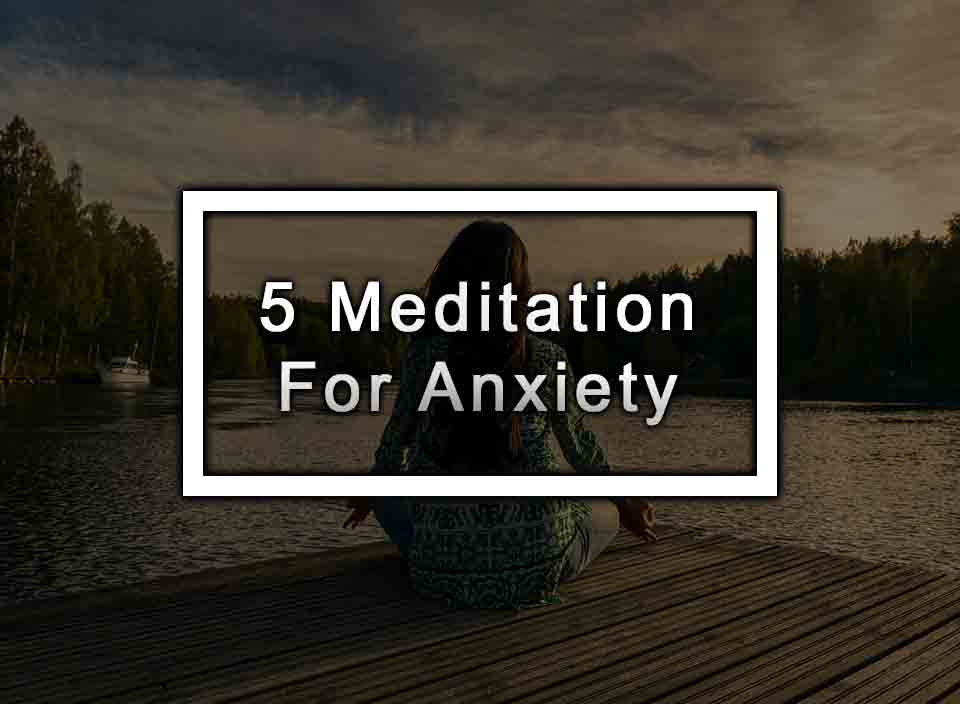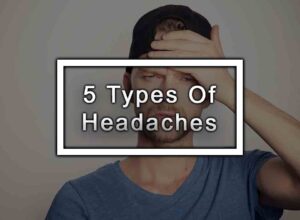Here Are Some Meditation For Anxiety
Anxiety is one of the most common mental health conditions affecting millions of people across the world. Anxiety can result in a range of physical symptoms such as palpitations, sweating, and shortness of breath, among others. There are various treatment options available for anxiety, including medication, therapy, and lifestyle changes. However, a relatively unknown yet effective method of managing anxiety is meditation. In this article, we will explore the concept of meditation for anxiety, what it is, and how it can help individuals cope with anxiety.
What is Meditation?
Meditation is a relaxation technique that involves using a specific set of skills, including focusing the mind on a particular object, word, or phrase, and controlling breathing to achieve a state of relaxation. Meditation typically entails sitting or lying down in a quiet environment with eyes closed and breathing deeply and mindfully, focusing on inner self-awareness. Many different types of meditation focus on various elements, including mindfulness, gratitude, or breathing. Regardless of the specific type, the ultimate goal of meditation is to achieve a state of relaxation and inner peace.
How Meditation Helps with Anxiety
Meditation has been proven to help individuals manage anxiety as it provides a method to calm the mind and the body. Research has shown that mindfulness meditation, in particular, can significantly reduce symptoms of anxiety. Mindfulness meditation involves paying attention to the present moment and acknowledging thoughts and feelings without judgment or attachment. This practice can help individuals feel more in control of their emotions, thereby reducing the frequency and intensity of anxiety attacks.
One of the central features of anxiety is the tendency to ruminate on negative thoughts and feelings. This tendency can escalate anxiety and prevent individuals from engaging in daily activities, leading to a significant reduction in the quality of life. By practicing mindfulness meditation, individuals can learn to recognize and accept negative thoughts and emotions, reducing their influence and power. This practice helps to develop a more positive relationship with thoughts and emotions, reducing the tendency to ruminate and worry, thus reducing anxiety.
Meditation can also affect the physiological response to stress, which is related to anxiety. The practice of deep breathing reduces the activity of the sympathetic nervous system, which is responsible for the “fight or flight” response, and activates the parasympathetic nervous system, which is responsible for the “rest and digest” response. This shift from a state of alertness to relaxation can help to reduce anxiety and its symptoms.
Meditation Techniques for Anxiety
Individuals struggling with anxiety can benefit from different types of meditation techniques, including mindfulness meditation, walking meditation, loving-kindness meditation, and body scan meditation, among others. Let’s take a closer look at each of these techniques.
Mindfulness Meditation
One of the meditation for anxiety is mindfulness meditation, which involves sitting quietly, focusing the mind on the breath, becoming aware of the present moment, and detaching from negative thoughts and feelings.
Walking meditation
Unlike sitting meditation is the common meditation for anxiety, walking meditation is an active form of meditation that involves being mindful of the movement and sensations of the body while walking.
Loving-kindness meditation
This practice involves meditating on sending positive emotions and well wishes towards oneself and others, developing a sense of interconnectedness and gratitude.
Body scan meditation
This technique involves focusing on each part of your body, from head to toe, releasing tension and negative thoughts.
Conclusion
Meditation is an effective and accessible method of managing anxiety. It provides individuals with a set of skills to calm the mind and the body, manage negative thoughts and emotions, and reduce the physical symptoms of anxiety. By adopting a regular meditation practice, individuals can feel more in control of their mental health, reduce anxiety, and improve their overall well-being. If you struggle with anxiety, consider starting a meditation practice today. Remember, it takes time, patience, and practice to reap the benefits of meditation, but the rewards are well worth the effort.
Meditation For Anxiety FAQ
Here are the most common questions about meditation for anxiety.
How does it work?
Meditation works by focusing your attention on your breath, allowing you to let go of worries and concerns. It helps to activate the parasympathetic nervous system, which is responsible for the “rest and digest” state, thereby calming your mind and reducing anxiety.
Can meditation help with all types of anxiety?
Yes, meditation can be beneficial for all types of anxiety, including generalized anxiety disorder, social anxiety disorder, and panic disorder.
Is meditation a long-term solution for anxiety?
Yes, regular meditation practice has been shown to reduce anxiety symptoms in the long term. It helps to rewire the brain to respond differently to stressors and creates new neural pathways for calm and mindfulness.
How long does it take to see results from meditation for anxiety?
Many people experience a reduction in anxiety symptoms after just a few sessions of meditation. However, results may vary and it may take longer for some individuals to see improvements.
Can meditation be used in combination with other anxiety treatments?
Yes, meditation can be used in combination with other anxiety treatments, including therapy and medication.
Is meditation safe for everyone with anxiety?
Meditation is generally considered safe for most people with anxiety. However, it may not be appropriate for individuals with certain mental health conditions or physical limitations. It is recommended to speak with a healthcare professional before beginning any new wellness practice.
More like this: 5 Schizophrenia Symptoms












